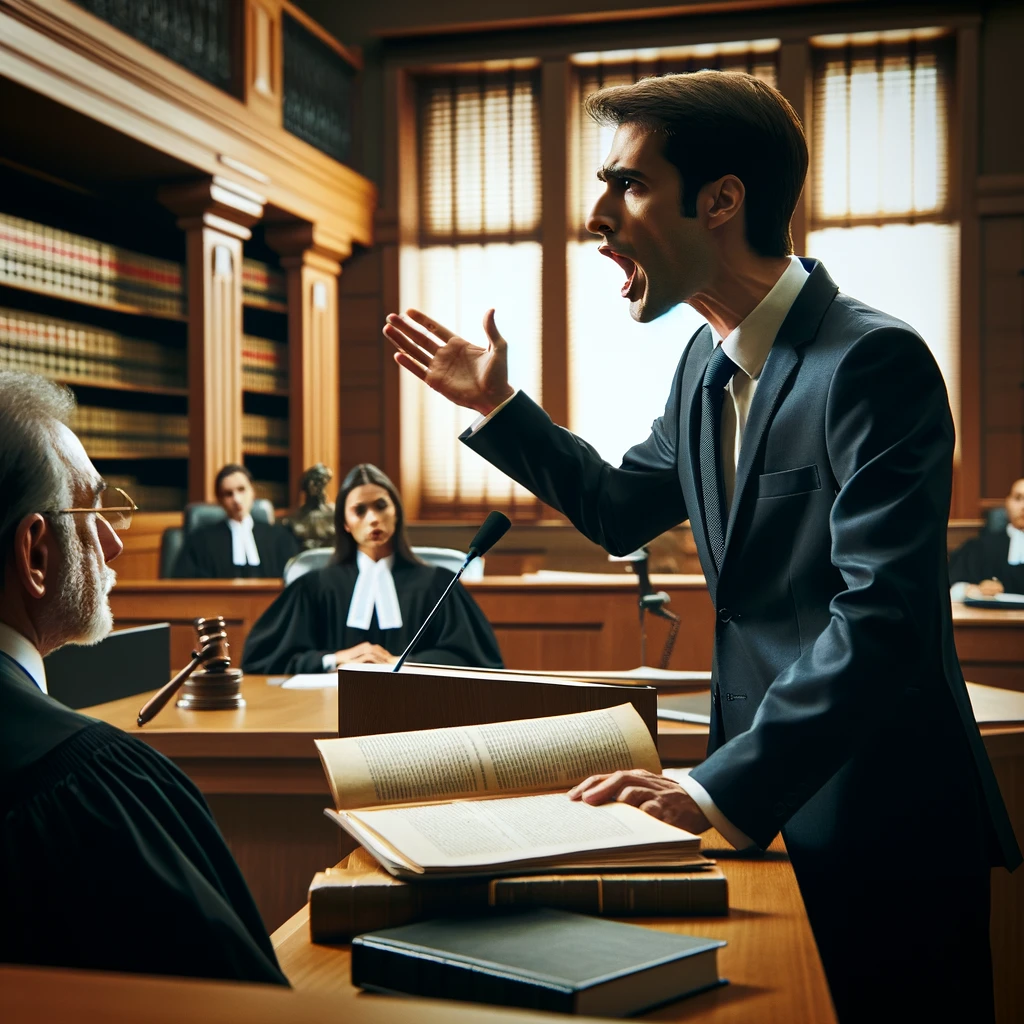Introduction
Washington Evidence Rule 611 (ER 611) provides essential guidelines for how witnesses are interrogated and how evidence is presented in court. The rule aims to ensure the effective and fair administration of justice by setting standards for the mode and order of questioning and evidence presentation. Understanding ER 611 is crucial for legal practitioners to navigate courtroom procedures efficiently and ethically.
Control by Court
Reasonable Control
Under ER 611(a), the court exercises reasonable control over the mode and order of interrogating witnesses and presenting evidence. This control is crucial for several reasons:
- Effective Ascertainment of the Truth: The court ensures that the questioning of witnesses and presentation of evidence are conducted in a manner that helps uncover the truth. This means structuring the interrogation to be clear and comprehensible, facilitating a better understanding of the facts by the jury or judge.
- Avoiding Needless Consumption of Time: Court time is valuable, and ER 611(a) emphasizes the need to avoid wasting it. By controlling the flow of the trial, the court can prevent unnecessary delays and keep the proceedings focused and efficient.
- Protecting Witnesses from Harassment or Undue Embarrassment: Witnesses should be able to provide their testimony without fear of intimidation or undue embarrassment. The court’s control helps create a respectful and conducive environment for witnesses to speak freely and truthfully.
Scope of Cross Examination
ER 611(b) outlines the parameters of cross-examination:
- Limited to Direct Examination: Cross-examination should generally be confined to the subject matter covered during direct examination. This approach ensures that the witness is not blindsided by unrelated questions and that the examination remains focused on relevant issues.
- Matters Affecting Credibility: Questions affecting the credibility of the witness are permissible. This includes inquiries into the witness’s background, potential biases, and any factors that may influence their testimony.
- Discretionary Inquiry into Additional Matters: The court has the discretion to allow questions on additional matters during cross-examination. This can occur if the court believes that such inquiries will help ascertain the truth more effectively.
Leading Questions
ER 611(c) addresses the use of leading questions:
- Direct Examination: Leading questions, which suggest the desired answer, are generally not allowed during direct examination. This rule helps ensure that the witness’s testimony is their own and not influenced by the questioner. However, exceptions are made if leading questions are necessary to develop the witness’s testimony, such as when dealing with a hesitant or forgetful witness.
- Cross Examination: Leading questions are typically permitted during cross-examination. This allows the cross-examining attorney to challenge the witness’s testimony more rigorously and test their credibility.
- Hostile or Adverse Witnesses: When a party calls a hostile witness, an adverse party, or a witness identified with an adverse party, leading questions may be used. This provision recognizes the need for a different approach when dealing with witnesses who may be uncooperative or biased against the questioning party.
Conclusion
Washington ER 611 plays a vital role in ensuring that courtroom proceedings are conducted efficiently, fairly, and respectfully. By providing guidelines on the mode and order of interrogation and presentation, ER 611 helps maintain the integrity of the judicial process. Legal practitioners must understand and adhere to these rules to effectively navigate courtroom dynamics, protect witness rights, and contribute to the fair administration of justice.
You can read the text of Washington Rule of Evidence 611 here: https://www.courts.wa.gov/court_rules/pdf/ER/GA_ER_06_11_00.pdf
Review our client resources here
Additional Resources
For more articles on witness credibility and evidence rules in Washington State, explore the following:
- Exploring ER 607: The Key to Witness Credibility in Court
- This article explains ER 607, which governs the ability to impeach a witness’s credibility. It provides a detailed look at how and when a witness’s credibility can be challenged in court under Washington law.
- ER 608: A Guide to Character Evidence and Witness Credibility
- A thorough guide to ER 608, focusing on the rules surrounding character evidence and how it can be used to support or attack a witness’s credibility in Washington courts.
- FAQ: Witness Tampering in Washington State
- This article answers common questions about witness tampering in Washington State. It covers what constitutes witness tampering, the legal consequences, and how the law protects the integrity of court proceedings.
- Navigating Washington ER 601: Essential Guide to Witness Competency in Court
- This article delves into ER 601, which addresses the competency of witnesses. It covers who is considered competent to testify in Washington courts and the factors that may disqualify a witness.
- Understanding ER 610: Religious Beliefs or Opinions
- An exploration of ER 610, which limits the use of religious beliefs or opinions as evidence to challenge or support witness credibility. The article provides insight into how Washington courts apply this rule.
These resources offer valuable information on evidence rules, witness competency, and protections in Washington State, enhancing your understanding of key courtroom principles.
Contact us anytime for your urgent legal needs.
About Blanford Law:
We are no-nonsense, relentless, fair, and honest. We are great listeners instead of fast talkers, that is just who we are. More than 20 years ago, Ken began practicing law with a deeply-seeded belief that every person has the right to the best legal representation available. He built his law firm on that belief. Another belief that he strongly adheres to is his fundamental belief that clients deserve respect, with no assumptions or preconceived notions. If you or someone you know is accused of a crime or injured as a result of the negligence of another, please have them call us at 253-720-9304 or email us info@blanfordlaw.com

